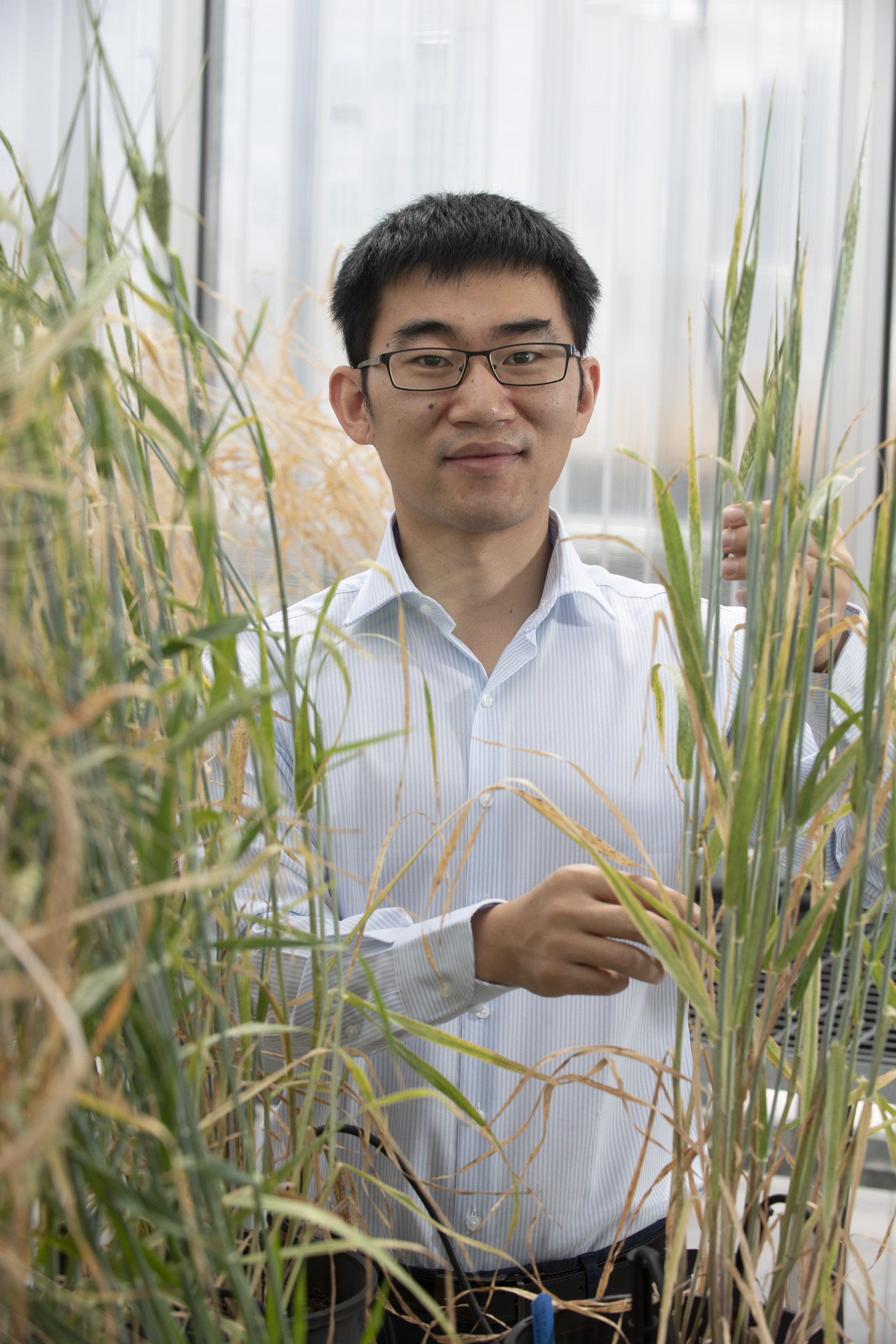
Western Australian grains geneticists who have harnessed groundbreaking technology to develop new barley lines with significantly improved nitrogen use efficiency are now turning their attention to other crop traits.
Department of Primary Industries and Regional Development (DPIRD) research scientist Yong Han said yield potential, flowering time and plant height in both barley and wheat were among the new individual traits being examined.
Dr Han, DPIRD’s group leader for molecular genetics, will detail the latest developments in crop genetics at the Grains Research Update, Perth later this month.
The team was behind the implementation of the CRISPR/Cas9 gene-editing technique in barley, the first successful example of an application to Australian commercial crop varieties.
“CRISPR gene editing can precisely modify the target gene, or genes, in current crop varieties and improve agronomic traits with reduced breeding time and high precision,” Dr Han said.
“This novel technology has been successfully applied to major cereal crops globally such as wheat, rice and barley.
“Only a handful of laboratories worldwide can do this technology in winter cereals.”
Working with Western Crop Genetics Alliance at Murdoch University, the team recently generated a barley collection using CRISPR/Cas9 and the advanced materials have increased yield potential, nitrogen use efficiency, or altered plant stature, phenology and coleoptile length.
“I now want to explore this technology to look into more agronomically rewarding traits and targeted trait improvement in other crops to increase yield potential and climate resilience,” Dr Han said.
“We know plant breeders have different interests and different priorities in terms of agronomic traits, so we will be engaging with them during this process.”
The first prototypes will undergo glasshouse trials this year.
In countries such as Australia, America, Brazil, Argentina, UK and Japan, organisms modified using this site-directed nuclease-1 technique are not GMO.
The 2023 GRDC Grains Research Update will be held at Crown Perth on February 27 and 28.
For more information or to register visit the GRDC website; contact GIWA on 08 6262 2128 or researchupdates@giwa.org.au
Picture caption: Department of Primary Industries and Regional Development (DPIRD) research scientist Yong Han will detail the latest developments in crop genetics at the upcoming Grains Research Update, Perth.


